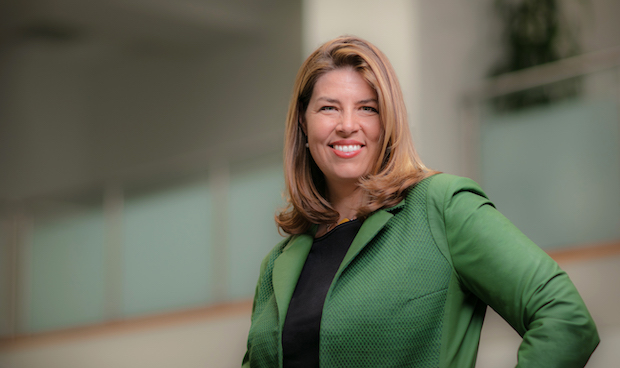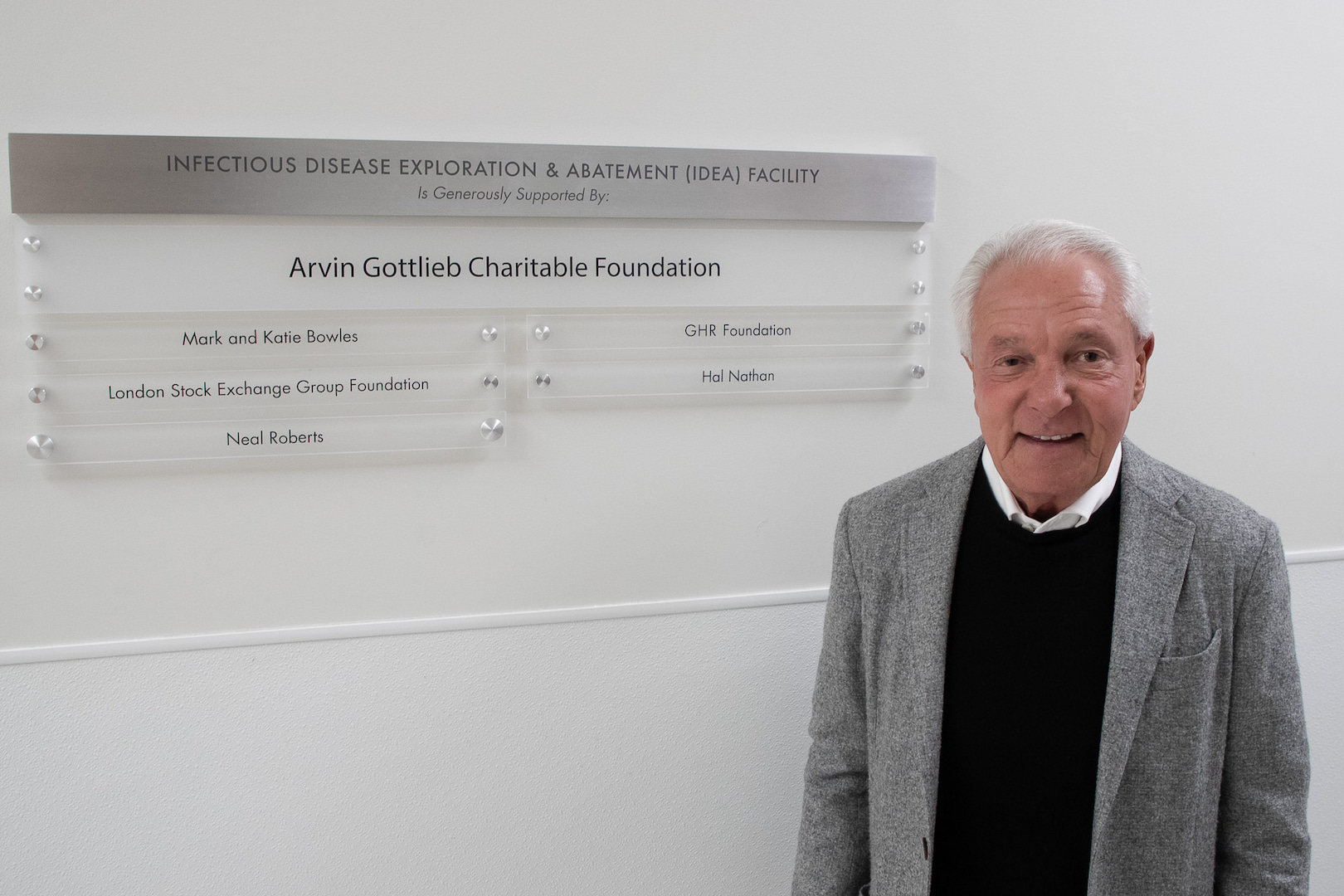LA JOLLA, CA – The La Jolla Institute for Immunology is pleased to announce that David L. Steffy, one of the nation’s leading hospital industry executives and more recently a biotech entrepreneur and philanthropist, has been elected to its Board of Directors.
“We’re delighted to welcome David Steffy to our board,” said Mitchell Kronenberg, Ph.D., La Jolla Institute president and chief scientific officer. “David has enjoyed an outstanding career in running and owning hospitals for more than four decades. More recently, he has endowed a research fund at UCLA and created a biotech company to study interstitial pulmonary fibrosis, a disease that claimed the life of his father, brother and uncle. Dave’s deep experience in the medical industry, along with his intense interest in the same type of chronic disease we study here, will be invaluable to the Institute.” White blood cells of the immune system and some of the chemical messengers released by them are contributors to fibrosis.

Raised in Columbus, Ohio, Steffy earned a BS in Business Administration at The Ohio State University. He received his first glimpse of the world of medicine when he served in the Medical Corps in the Army. His first hospital job was at the Ohio State Medical Center where he served as assistant business manager. Steffy moved to Los Angeles to attend the University of Southern California where he obtained a MPA while working at UCLA’s School of Public Health.
Steffy was hired out of USC as assistant administrator at the University of Cincinnati Medical Center and then moved back to his alma mater at Ohio State where over a six-year period he rose from associate administrator of outpatient services to Director of Hospital Administration, the medical center’s top executive position.
Steffy moved to Hospital Affiliates, marking a shift in his career to managing the operation of multiple hospitals at a corporate level and then founding and operating his own hospital management companies, including Republic Health in Dallas and Community Health Systems, which specialized in operating small community hospitals. Steffy later launched a national chain of 125 hospices and created a company that operated psychiatric hospitals.
By 2014, having sold or divested most of his corporate holdings, Steffy turned his attention to supporting research into IPF, the disease that had such a devastating impact on his family. He established The Steffy Research Fund at the Broad Stem Cell Center at UCLA and co-founded InSpira LLC, a biotech firm targeting fibrotic disease. Steffy is also a director and treasurer of the Pulmonary Fibrosis Foundation and an overseer of The Hoover Institution.
Steffy, who lives in Newport Beach, Calif., with is wife, Diane, a nurse, said joining La Jolla Institute board fits perfectly with his goals for making a difference in the lives of as many people as possible.
“I’m proud that a significant portion of my career has been devoted to serving others, whether it’s helping the medically underserved in small communities or supporting research to discover novel treatments for serious disease,” Steffy said. “I’m particularly pleased to become involved with La Jolla Institute. They have the scientific talent, world-class facilities and commitment that are vital to understanding and treating the types of diseases that took the lives of my relatives and so many other families.
“What’s exciting is that La Jolla Institute and the field of immunology are at the forefront of an explosion of knowledge that I believe over the next two decades will lead to tremendous advances in medical science that will vastly improve the health of millions. I’m thrilled to have an opportunity to play a role in such a vital process,”Steffy said.
About La Jolla Institute for Immunology
The La Jolla Institute for Immunology is dedicated to understanding the intricacies and power of the immune system so that we may apply that knowledge to promote human health and prevent a wide range of diseases. Since its founding in 1988 as an independent, nonprofit research organization, the Institute has made numerous advances leading toward its goal: life without disease.


